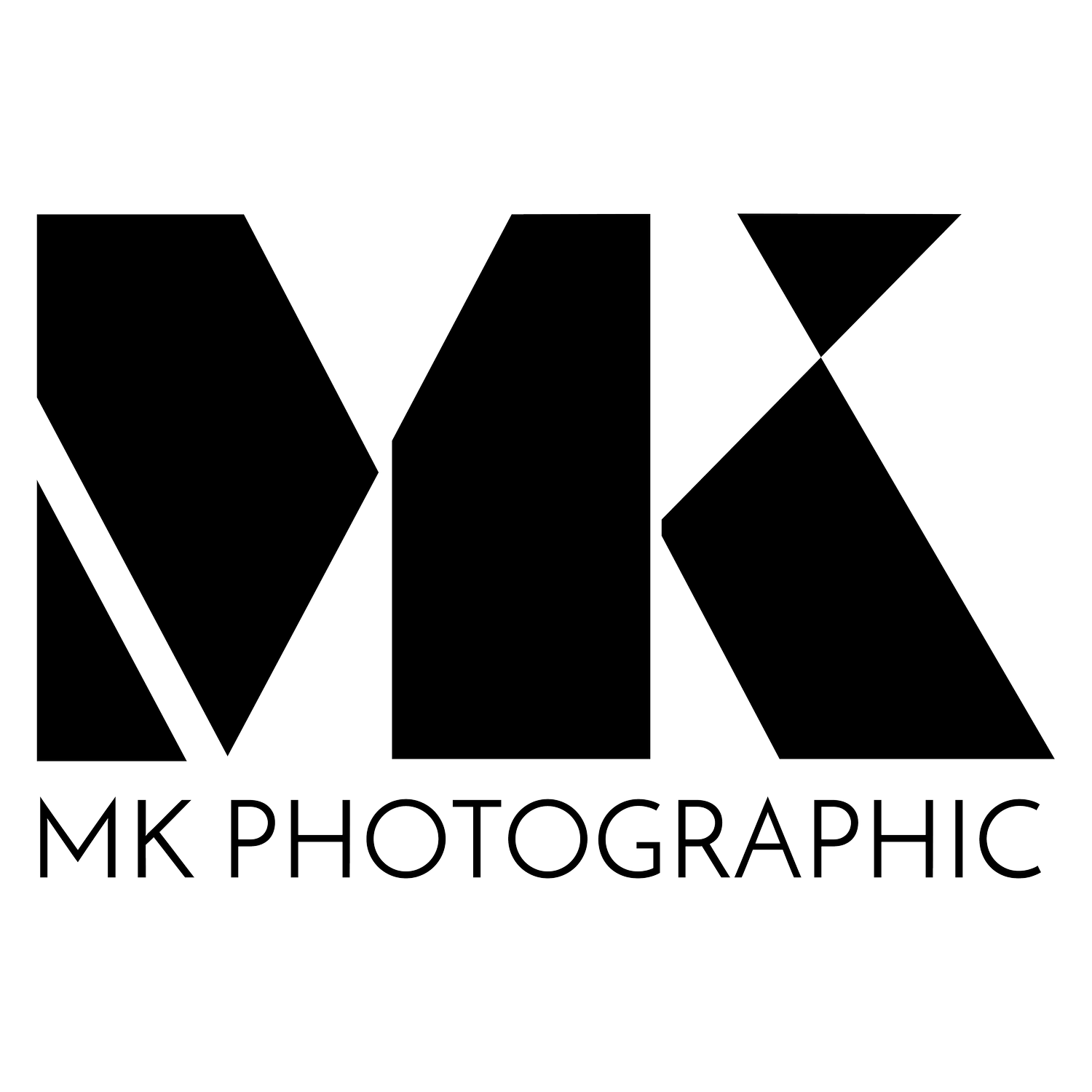Questions to Ask a Wedding Videographer
/Choosing the right wedding videographer is essential to ensure your special day is captured beautifully. Here are some important questions to ask potential videographers to help you make an informed decision:
Experience and Style
How many weddings have you filmed?
How would you describe your videography style? (e.g., cinematic, documentary, traditional)
Can we see a full-length wedding video in addition to highlights?
Availability and Scheduling
Are you available on our wedding date?
How many weddings do you book in a day/weekend?
Will you be the one filming our wedding, or will it be someone else from your team?
Packages and Pricing
What packages do you offer, and what is included in each?
Do you offer customizable packages?
What is your pricing structure, and do you have any additional fees?
What is the payment schedule?
Pre-Wedding Planning
Do you visit the wedding venue beforehand to plan shots?
How do you coordinate with the photographer and other vendors?
Do you create a shot list or timeline with the couple?
On the Day of the Wedding
How many videographers will be at the wedding?
What type of equipment do you use, and do you have backup equipment?
How do you handle different lighting conditions and weather changes?
Editing and Delivery
What is your editing process, and how long does it take?
Can we choose our own music for the video?
How do you handle requests for specific edits or changes?
In what formats will the final video be delivered (e.g., digital files, DVDs, USB drives)?
Communication and Reviews
How do you prefer to communicate with couples during the planning process?
Can you provide references from past clients or reviews?
Additional Services
Do you offer any additional services, such as drone footage, same-day edits, or live streaming?
Can you capture pre-wedding events like the rehearsal dinner or engagement parties?
Logistics and Policies
What is your cancellation and refund policy?
What measures do you take to ensure minimal disruption during the ceremony and reception?
Do you have insurance?
Legal and Rights
Who owns the rights to the raw footage and the final edited video?
Can we obtain the raw footage if we want it?
Are we allowed to share the video on social media?
Conclusion
Asking these questions will help you gauge the videographer’s experience, style, and professionalism, ensuring they are the right fit for your wedding day. A good videographer should be transparent, communicative, and willing to work with you to create a beautiful and memorable wedding film.

